To start thing off I have attached a couple of pictures of recent repairs I have made. Did it make sense to make these repairs? I think so.
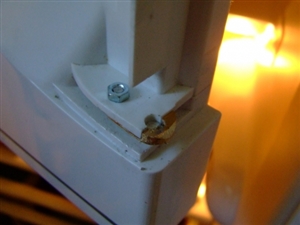

Best regards
Roger
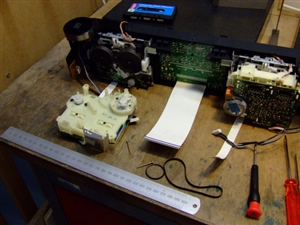
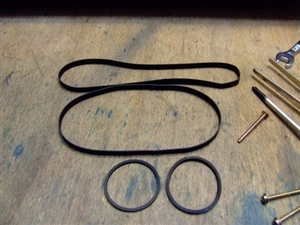
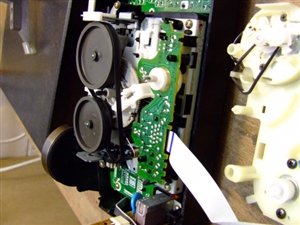
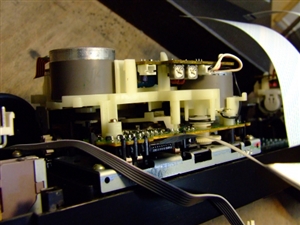

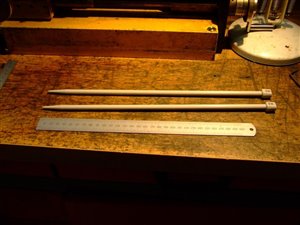
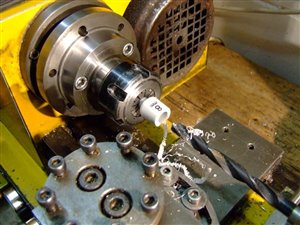
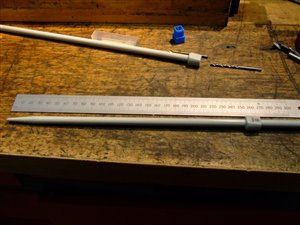
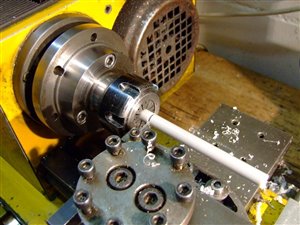
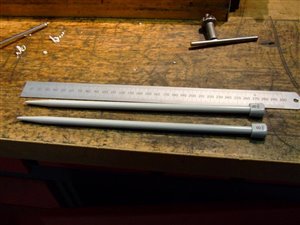
Simon Barker:Andy Millar:
This thread seems to have split in two, maybe time for a new thread??Or perhaps some of us should stop posting off-topic stuff. ?
Interesting discussion though, seems a shame to stop it. I can think of some things to add but thought I wouldn't in this thread...although may not get around to it while it keeps being sunny!
We're about to take you to the IET registration website. Don't worry though, you'll be sent straight back to the community after completing the registration.
Continue to the IET registration site